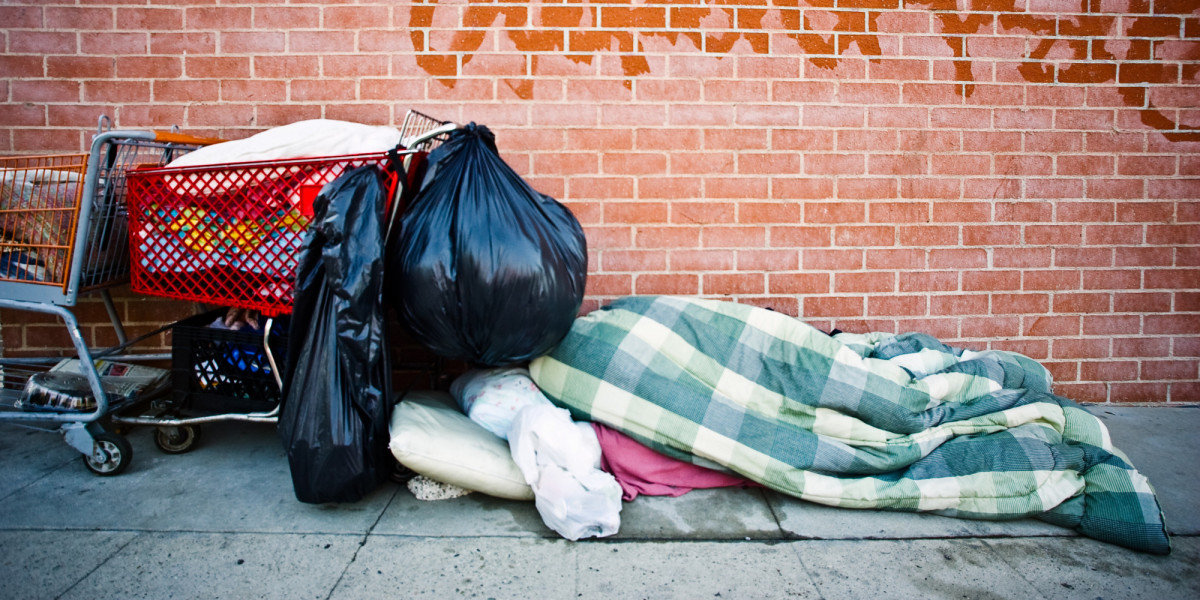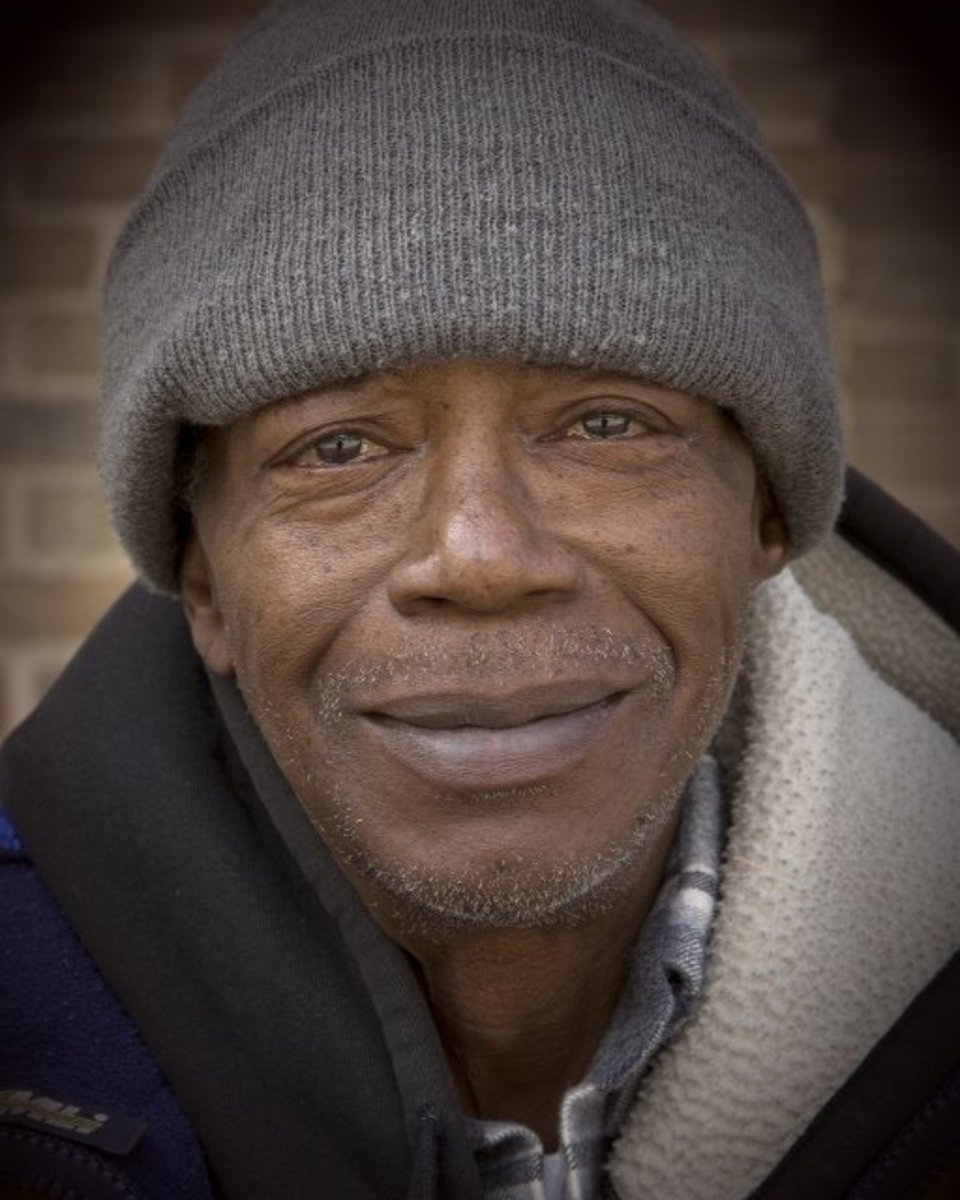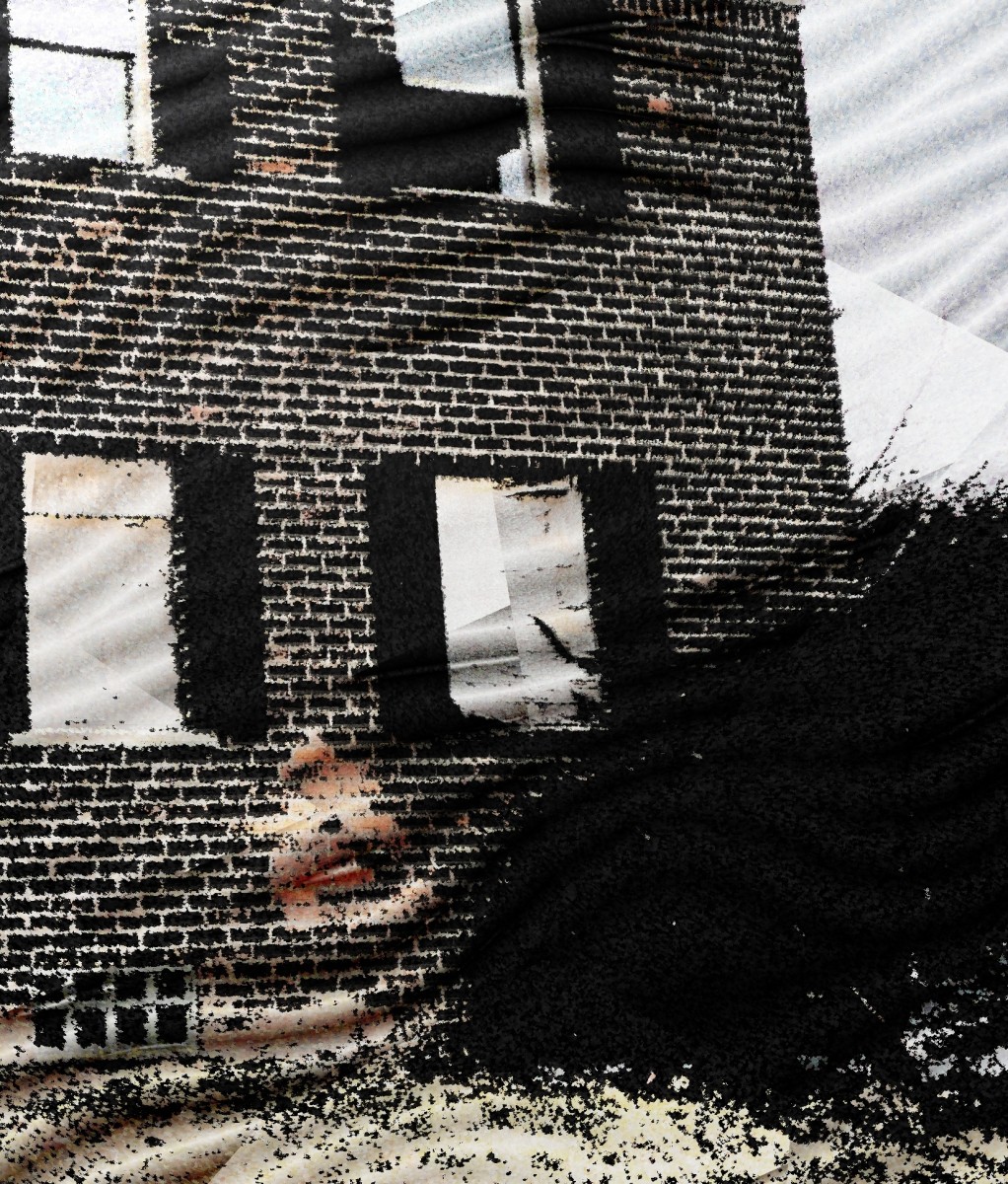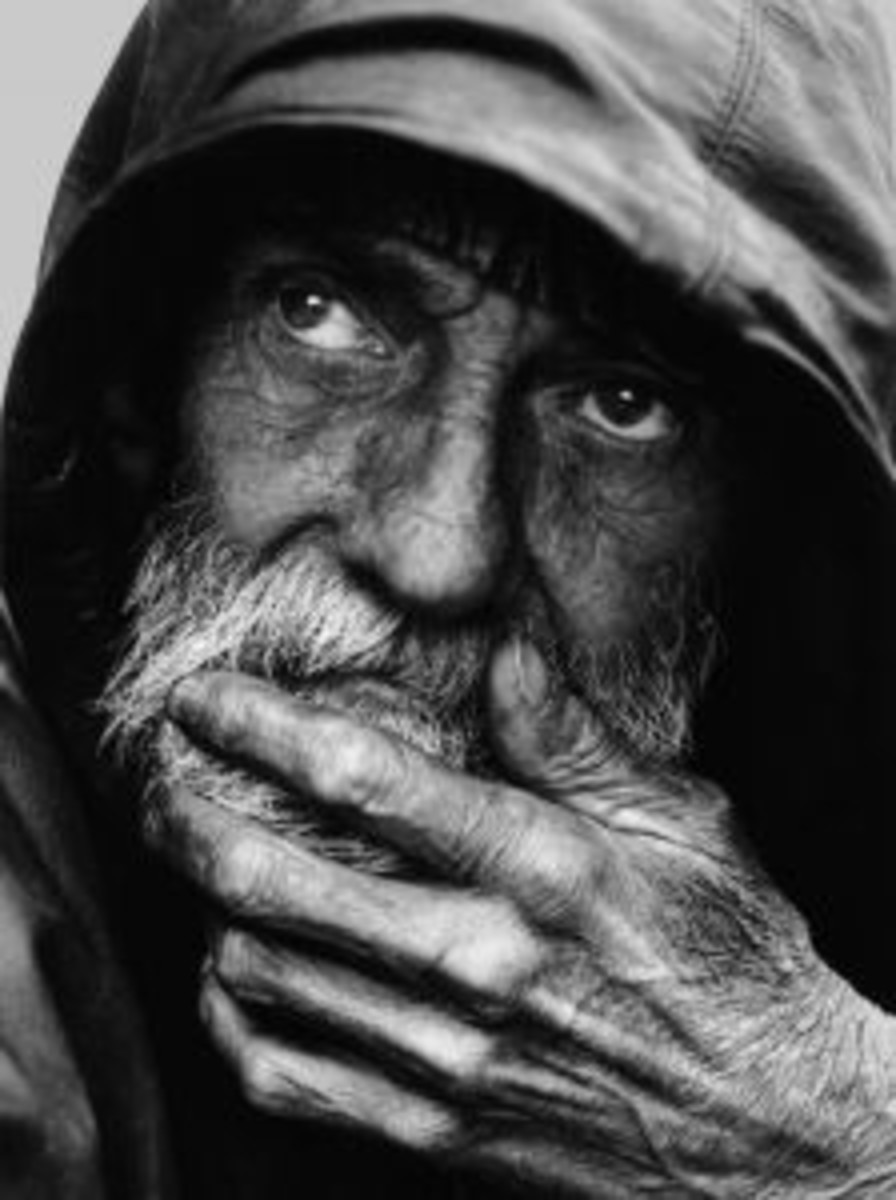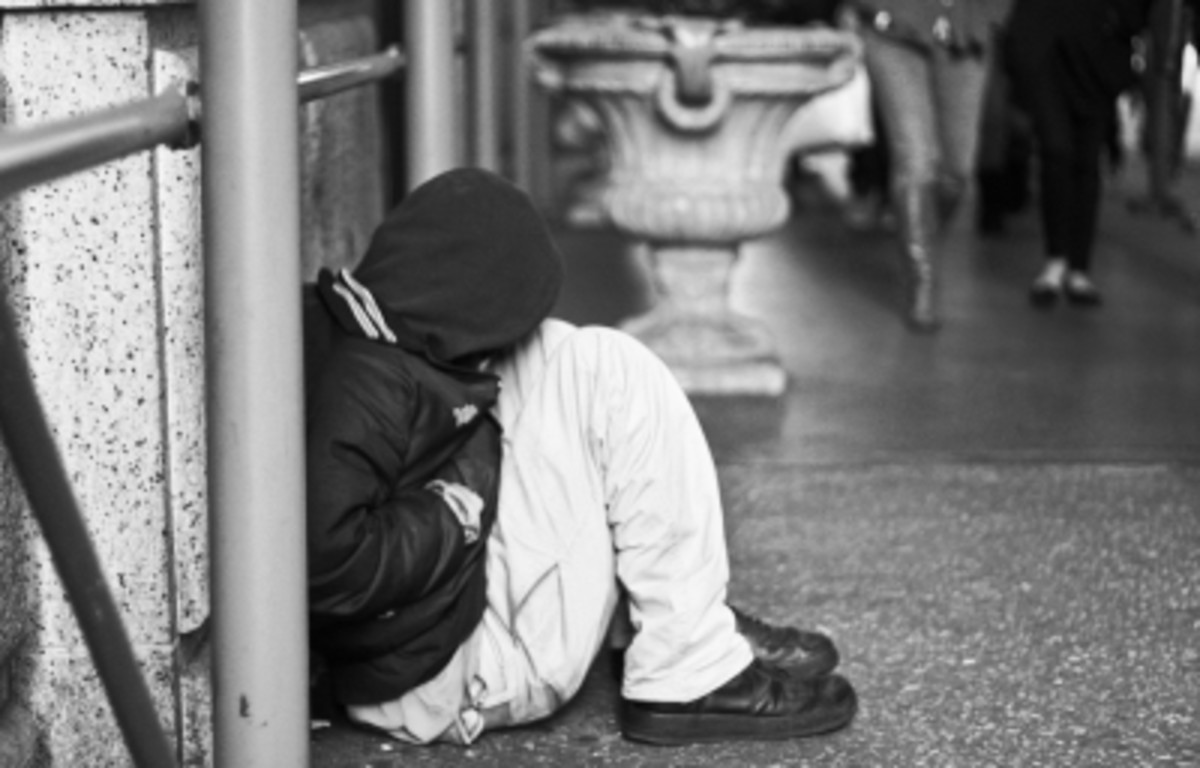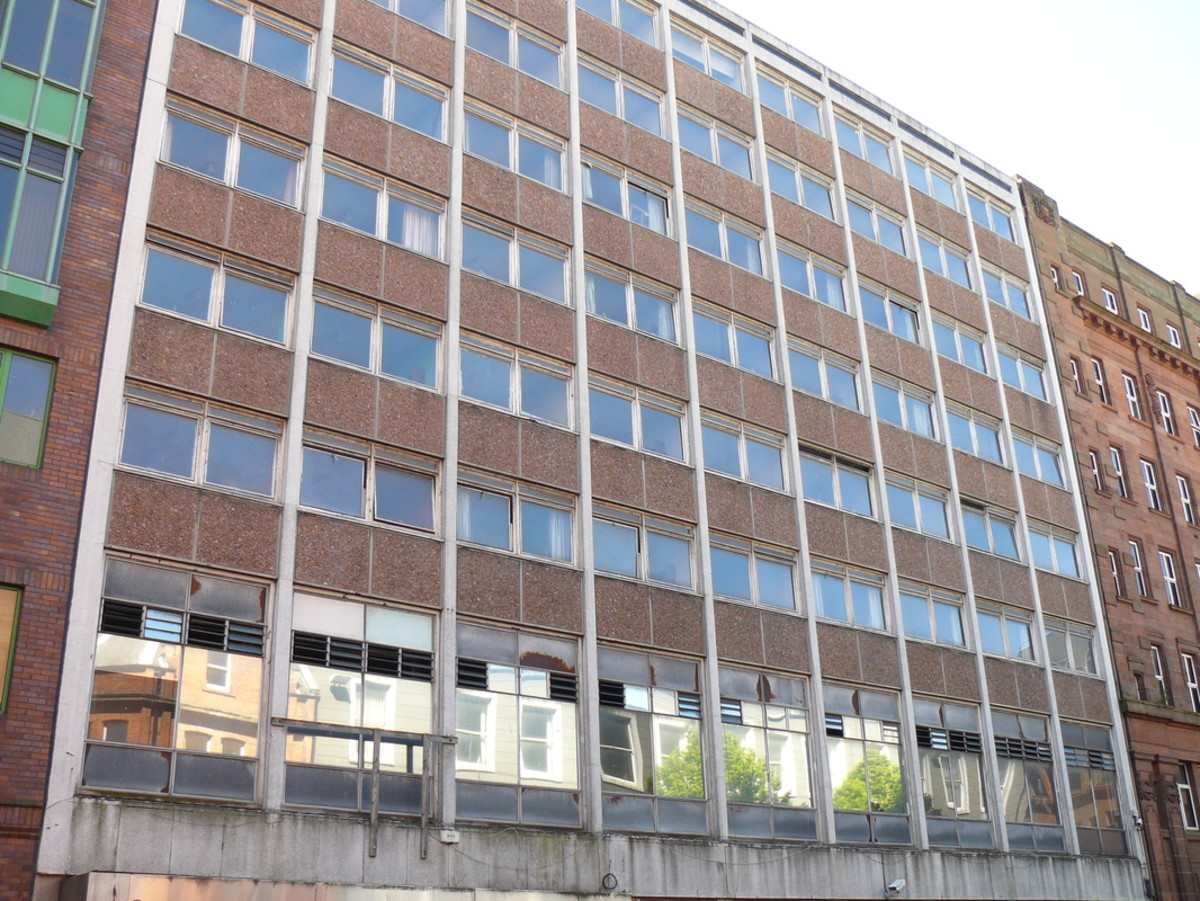Human Services: Dealing with Homeless Youth in America
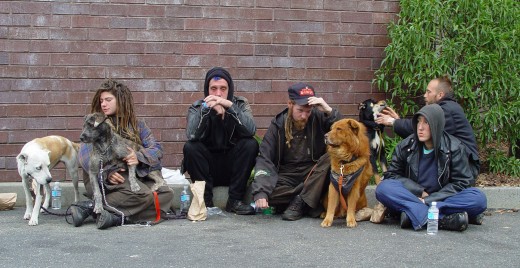
Are you aware of the homeless youth issues in America? Did you know that nearly 4 million young people up to age 18 experience homelessness? Not many people are aware of the growing problem. Why is that?
When I think about homelessness, I never picture a child, teen, or young adult. I usually picture a scraggly, older man. Although I do know that there are homeless youths out there. That's probably the case for most people. There just isn't public awareness for homeless youth.
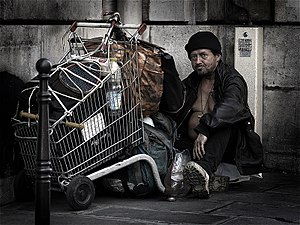
There also seems to be a negative stigma about homeless people. I have always been very empathetic, but grew up being told not to give homeless people money for this reason and that reason. And then, one day after I got off of work (I worked at a pizza joint in Columbia, SC) some coworkers and I were going to grab a drink at a bar. This was in one of the more popular night life areas of the city and a few homeless people hang out there. We were all walking down the road and one of my coworkers gave a homeless guy $10 from his tips he made that night. Another person in the group started berating him and saying things like, "He's probably just going to go spend that on alcohol!" to which the first guy said, "So what? That's what I was going to do with it." Which was funny, but also made me start thinking. $10 isn't much to me; I'm going to spend it on something stupid. On the other hand, $10 could be everything to someone who has nothing. Sure, they might go spend it on something stupid too, but maybe not.
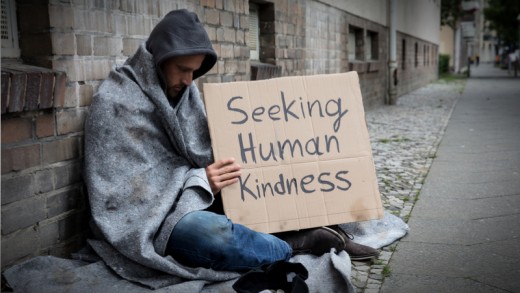
Human Services Professionals can do a number of things to educate the public and to help homeless people. They can provide homeless people with places to go to get food, shelter, and even permanent residences. They can educate the public with things such as the CA Homeless Youth Project. They can advocate for the homeless in matters of education and being against installing anti-homeless architecture in their communities.
Like I said before, negative stereotypes for the homeless are very common and something that I have been guilty of in the past. But, at the end of the day, you don't know how people end up homeless. I really have no clue where the stereotypes came from, but they're not fair.
I remember when I lived in Columbia, South Carolina, there was this homeless guy who was always out and about. He went by "The Dog." He's practically an institution; you can't miss him. He's about six foot 5, giant muscles, and long white dreads, but his real trademark is the fact that you always see him wearing a crop top white tank, cut off jean shorts, and white tube socks. Every now and then, he'll pull his dreads up into pigtails (my personal favorite). I would saw him all over the place and happened to come face to face with him while leaving work one day: I was positively star-struck.
I started chatting with him and he is just absolutely lovely. He was telling me that when he first became homeless, he struggled with depression. His depression stemmed from the isolation he encountered by being homeless. People would act like he was nothing more than a lamp post. One day, he got sick of it and decided that he was going to do whatever he could to get someone to smile at him (hence the outfit).
I haven't seen him in quite some time, but I've heard that he has a solid job and a home now, but he still enjoys his daily walks.
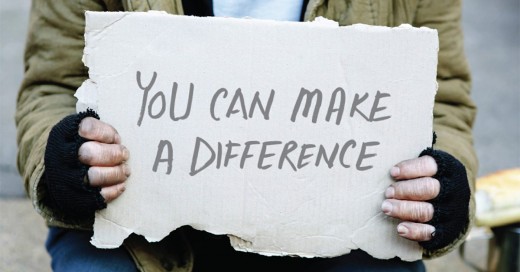
It's Time to End the Stigma about Homelessness in America!



